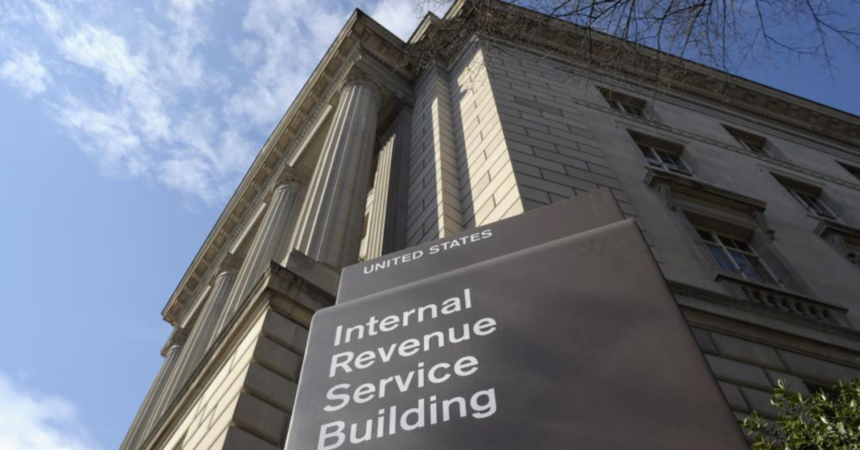The United States Internal Revenue Service is making an example of abusive pension plans taking advantage of a US-Malta tax treaty.
The IRS is currently in the process of tracking down tax evaders and has launched criminal investigations into the practice.
In a recent quarterly press call, IRS Commissioner Daniel Werfel was quoted as saying that one of the “swift and aggressive action[s]” the agency is taking to strengthen enforcement efforts against high-income individuals is escalating enforcement efforts around Malta pension plan transactions.
The number of such schemes appears to have mushroomed since Malta and the US struck a new taxation agreement in December 2021. The IRS is currently seeking feedback on the proposed rules to designate certain Maltese personal retirement funds and similar arrangements as listed transactions that would have to be reported to the IRS.
A failure to report, once the new rules come into force, will land account holders with stiff penalties.
The US Treasury and the IRS “believe that transactions involving a Malta personal retirement scheme described in the proposed regulations, and substantially similar transactions involving a retirement arrangement established in Malta, unless specifically excepted, are tax avoidance transactions and should be identified as listed transactions,” the agency said in a statement on the new rules being proposed.
Before June 2023, Maltese pension plan enforcement was conducted mainly through civil tax examinations.
The IRS’s Criminal Investigation Division has reportedly begun in-person visits to taxpayers and advisors, presenting summonses and conducting criminal investigations into individuals who contributed to or promoted these transactions.
Those under investigation include lawyers, accountants, estate planners and other financial advisors.
Some taxpayers have also reportedly begun receiving summons. When the IRS investigates whether transactions are tax evasion schemes, it usually focuses on the people who promoted and facilitated the transactions.
Until the new rules kick into force following a public consultation scheduled for next month, the IRS is expected to use civil tax examinations to address income tax deficiencies on unreported income from these transactions.
The IRS could be expected to assert civil tax penalties, including negligence penalties, against participants in the Malta schemes. It may also impose criminal penalties on taxpayers and the promoters of the transactions.
One of the Malta pension plan transactions reportedly under investigation involved a US taxpayer who contributed highly appreciated assets to a Maltese pension plan and then relied on an interpretation of the US-Malta Tax Treaty to avoid incurring US taxes.
Some taxpayers take the position that they can take distributions without the imposition of US income tax. When the appreciated assets are then sold by the Maltese pension plan, some US taxpayers also take the position that the gains were not subject to income tax in Malta or the United States.
Because some participants in these transactions lacked any connection to Malta, the IRS has suggested that the transactions exploited the intentions of the US-Malta Income Tax Treaty. According to the IRS, “[b]y improperly asserting the foreign arrangement as a ‘pension fund’ for US tax treaty purposes, the US taxpayer misconstrues the relevant treaty provisions and improperly claims an exemption from US income tax on gains and earnings in and distributions from the foreign individual retirement arrangement.”
The US and Malta had struck an agreement in December 2021 on investment arrangements that allowed non-cash contributions.
In 2021, the IRS placed Maltese pension plans on its ‘Dirty Dozen’ list of abusive tax shelters, along with syndicated conservation easements and abusive micro-captive arrangements.
Malta retirement arrangements that would be listed under the new proposed rules would involve a US citizen or resident alien who doesn’t include earned or gained income in a personal retirement account established under Malta’s Retirement Pensions Act of 2011 in their US federal taxable income – due to an interpretation that the treaty exempts such transactions.













Malta is risking that the US will unilaterally rescind the DTA like they had in fact done in 1996 on the basis of the abus de droite principle. Usual aggressive tax planning like there is no tomorrow and then against the long arm of the IRS